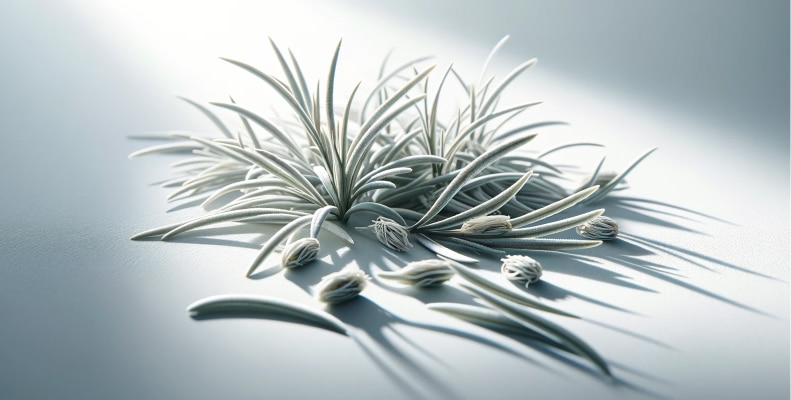As an avid tea enthusiast, my journey into the world of white tea has been a fascinating exploration of flavors and health benefits. Among the various inquiries surrounding this beloved beverage, one recurring question stands out: what about white tea caffeine? In this extensive guide, I aim to shed light on the often-misunderstood topic of white tea caffeine content, offering insights backed by research and experience.
Understanding White Tea Caffeine Content
Before delving into the intricate details of white tea caffeine, it’s crucial to grasp the essence of this exquisite tea variety. White tea, originating from the Camellia sinensis plant, stands out for its delicate flavors and minimal processing. Varieties like Silver Needle, White Peony, and Long Life Eyebrow showcase the diversity within the realm of white tea, each offering a unique taste profile and aroma.
Debunking Common Myths About White Tea Caffeine Content
A prevalent misconception surrounding white tea is its purported lack of caffeine. Contrary to popular belief, white tea does contain caffeine, albeit in lesser amounts compared to its black and green counterparts. This myth often stems from the notion that white tea undergoes minimal processing, leading to a misconception about its caffeine content. However, it’s essential to recognize that while white tea may have lower caffeine levels, it is not caffeine-free.

Factors Influencing White Tea Caffeine Content
The caffeine content in white tea is influenced by various factors, each contributing to the final brew’s caffeine levels. Different varieties of white tea exhibit varying caffeine concentrations, with Silver Needle typically containing the least caffeine due to its young buds. Moreover, the processing techniques employed during tea production play a significant role in determining caffeine retention. Minimal processing methods, characteristic of white tea, contribute to its relatively lower caffeine content compared to heavily oxidized teas.
Due to their derivation from the tippy buds of the tea plant, white teas possess considerable caffeine potential. This heightened caffeine content is attributed to the presence of a concentrated dose within the leaf tips, serving as a defense mechanism against potential insect threats. Acting as a natural pesticide, caffeine effectively immobilizes and eliminates various insects that may pose a threat to the tea plant.
Christian
Analyzing Scientific Studies
Scientific research offers valuable insights into the caffeine content of white tea, providing a more nuanced understanding of this aspect of tea consumption. Studies have consistently demonstrated that white tea does contain caffeine, albeit at levels slightly lower than other tea types. However, the exact caffeine content can vary depending on factors such as the specific variety of white tea and the brewing method employed.
Practical Tips for Drinking White Tea
For individuals seeking to enjoy the benefits of white tea while managing their caffeine intake, several practical strategies can prove beneficial. Opting for varieties of white tea known for their lower caffeine content, such as Silver Needle, can help you regulate caffeine consumption. Additionally, adjusting brewing parameters, such as water temperature and steeping duration, allows for greater control over caffeine extraction, resulting in a milder brew.
Conclusion
In conclusion, unraveling the mystery surrounding white tea caffeine reveals a nuanced perspective that debunks common myths while offering practical insights for consumers. By understanding the factors influencing caffeine content and implementing informed choices in brewing and selection, tea enthusiasts can fully appreciate the subtle allure of white tea while enjoying its gentle caffeine boost. So, the next time you savor a cup of white tea, relish not only its delicate flavors but also the subtle presence of caffeine that adds to its charm.
FAQ
Does white tea contain caffeine?
Yes, white tea does contain caffeine, although in lower quantities compared to black and green teas. The caffeine content can vary depending on factors such as the variety of white tea and the brewing method used.
Which variety of white tea has the lowest caffeine content?
Silver Needle is typically regarded as the white tea variety with the lowest caffeine content. This is because Silver Needle is made from young tea buds, which contain less caffeine compared to mature leaves.
How does processing affect the caffeine content of white tea?
The minimal processing involved in white tea production helps retain its delicate flavors but also contributes to its lower caffeine content compared to other types of tea. Heavily oxidized teas like black tea tend to have higher caffeine levels.
Are there any health benefits associated with consuming white tea caffeine?
White tea is rich in antioxidants and may offer various health benefits, including improved heart health, enhanced immune function, and potential cancer-fighting properties. However, individual experiences may vary, and it’s essential to consume white tea as part of a balanced diet.
How can I reduce the caffeine content in my white tea brew?
To reduce caffeine intake while enjoying white tea, opt for varieties known for their lower caffeine content, such as Silver Needle. Additionally, adjusting brewing parameters such as water temperature and steeping time can help minimize caffeine extraction.


